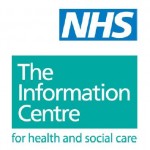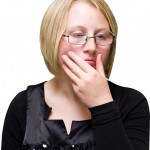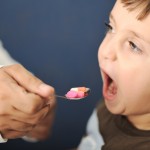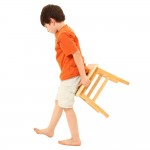
Rett syndrome is a neurological disorder mainly affecting females which although present from birth, may remain undetected until around one year of age. Many people with Rett syndrome have a mutation on the MECP2 gene on the X chromosome. The authors of this study were interested in describing the Rett syndrome behavioural phenotype by using [read the full story…]








